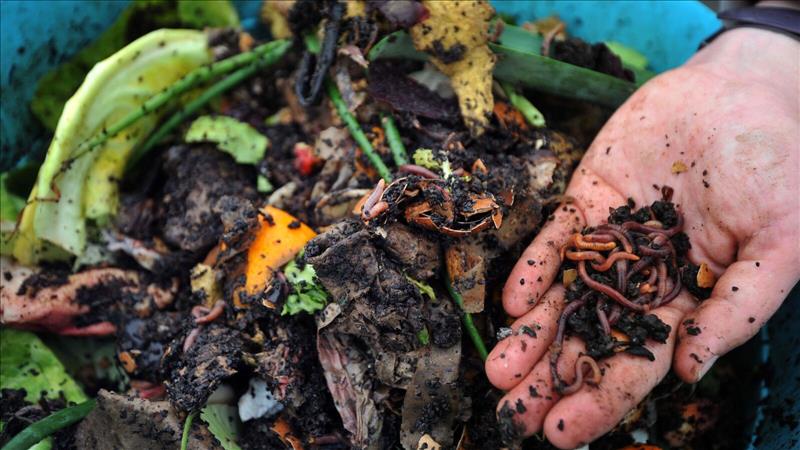
403
Sorry!!
Error! We're sorry, but the page you were looking for doesn't exist.
Alien Invasion: Non-Native Earthworm Species Threaten US Ecosystem, Warn Stanford Scientists
(MENAFN- Live Mint) "The ballooning population of non-native \"alien\" earthworm species in the United States could pose significant ecological consequences, scientists at Stanford University have warned, DailyMail reported. As many as 70 different types of earthworms native to Asia, Europe and South America have been identified as potential threats, it said identified earthworms consist of 23 percent of the 308 species in North America and consume more aboveground leaf litter than their native counterparts. This excessive consumption could destroy plants and cause a ripple effect by starving insects and amphibians, the scientists warned PerspectiveTo understand the invasion's origin and spread, researchers combined records of intercepted alien earthworms at the US border from 1945 to 1975 with machine learning techniques. The resulting dataset, using information from 2000-2021, revealed that these invasive species currently reside in 97 percent of the soil across North America Read | EPFO fixes 3-year high 8.25% interest rate on employees' provident fund for 2023-24: SourcesThe jumping worm, or Amynthas spp., is one such invasive species that has already caused damage in Washington, DC, killing plants and trees by draining essential nutrients from the soil. While alien earthworms are more widespread in Canada, the US and Mexico face a growing threat due to human activities facilitating the development of these invasive species, the introduction of these earthworms was overlooked due to their positive impact on crops for farmers and gardeners, by creating tunnels containing air, water, and nutrients essential for crop growth. Additionally, their waste acts as a valuable fertilizer Activities and TradeThe primary mode of distribution for alien earthworms is through human activities such as trading them as fish bait or for vermicomposting. Canada annually exports over 500 million alien earthworms to various countries, particularly the US, contributing to the spread of these invasive species Read | Paytm may seek third-party payment app status for UPI integration, says reportThe study highlights concerns about the dietary habits of alien earthworms, primarily feeding on litter, which can lead to increased litter decomposition. This alteration in ecosystems, particularly in broadleaf forests in the US and Canada, is stressing trees and impacting biodiversity Scenario and Future RecommendationsResearchers emphasise the need for policymakers to reevaluate laws surrounding the distribution of alien earthworms. They suggest encouraging the use of native worms for composting and fish bait to mitigate the impact on ecosystems. However, more research is required to fully understand the extent of the effects of alien earthworms on the environment́rôme Mathieu, lead author of the study and an associate professor of ecology at the Sorbonne, warns that the current situation is likely just the beginning, and urges further research to look at the impact on other soil organisms and the broader ecosystem. \"These ratios (number of non-native earthworms vs native species) are likely to increase because human activities facilitate the development of alien species that threaten native earthworm species, a phenomenon still largely overlooked,\" he said Read | Ashneer Grover on Paytm Crisis: 60-year-olds running RBI do not...\"This is most likely the tip of the iceberg. Many other soil organisms may have been introduced, but we know very little about their impacts,\" study John Warren Reynolds of the Oligochaetology Laboratory and the New Brunswick Museum in Canada, who co-wrote the paper.
Legal Disclaimer:
MENAFN provides the
information “as is” without warranty of any kind. We do not accept
any responsibility or liability for the accuracy, content, images,
videos, licenses, completeness, legality, or reliability of the information
contained in this article. If you have any complaints or copyright
issues related to this article, kindly contact the provider above.


















Comments
No comment